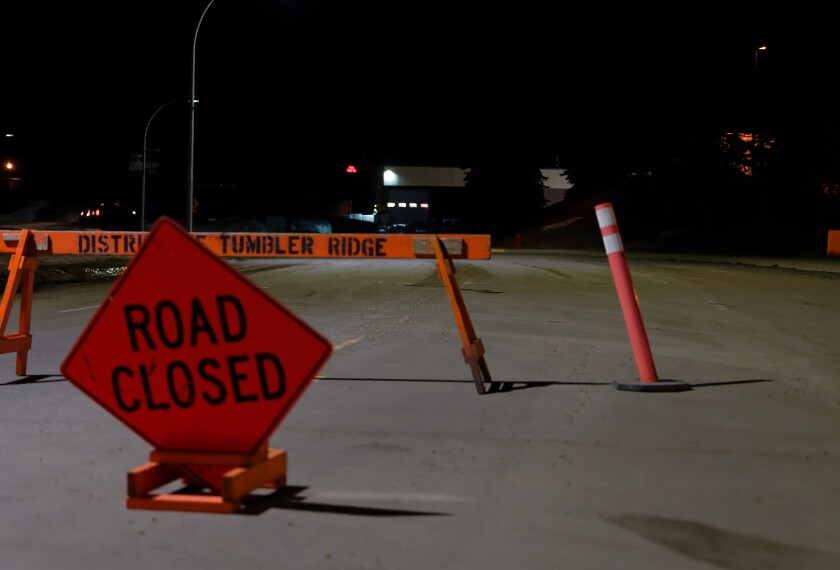Who sues kids for cyberbullying? A Houston lawyer does when his daughter becomes the target of a nasty video posted on Facebook, according to a lawsuit filed this week in Harris County.
Last month, three Kingwood students who attend Riverwood Middle School filmed themselves offering unkind words about a classmate, then uploaded the video to the social networking site, the civil complaint says.
The targeted child’s father, Jason Medley, provided the video to school officials, then sent cease-and-desist demands to the three girls and their parents. The letters said he would sue if the youngsters didn’t stop all communication with his daughter and if their families did not donate at least $5,000 each to the Center for Safe and Responsible Internet Use, an Oregon nonprofit.
Receiving no response by his early June deadline, one of Medley’s colleagues filed a defamation of character lawsuit on Tuesday against the three girls, accusing them of making defamatory and false statements that “impute sexual impropriety and misconduct” on his daughter. The complaint also alleged that the video includes threats to physically harm the girl and seeks a permanent injunction to prevent the three from further contacting her.
Medley declined to be interviewed for this report. The Chronicle is not naming any of the children involved.
Riverwood officials confirmed the incident, Humble ISD spokeswoman Karen Collier said in an email.
‘A Very Novel Approach’
The recording was not done on school property and did not involve a district website. The Chronicle was unable to obtain a copy of the video, which has been removed from Facebook.
When reached by phone, the mother of one of the girls said that the three told their principal “they were sorry and didn’t mean any of it.” Another girl’s father declined to comment, and efforts to reach the parents of a third girl were unsuccessful.
Without commenting specifically about this case, Collier said that school officials who become aware of activity that could be cyberbullying—even occurrences off campus—would contact parents of the students involved to discuss the incident and an administrator would talk with each child.
“If a child was concerned about his or her safety—or if the parents were concerned—that child and those he/she were concerned about would be shadowed while at school for as long as necessary,” Collier said, adding that parents also could contact law enforcement, who can decide whether charges are appropriate.
It is unclear whether Medley reported the video to Houston police or other authorities with jurisdiction in Kingwood.
This case appears to be the first this year among about three dozen defamation of character lawsuits filed in Harris County to include children as defendants. At least three others involve information disseminated on the Web.
Nancy Willard, founder and executive director of the Center for Safe and Responsible Internet Use, thinks Medley’s lawsuit is “a very novel approach” and had no idea that the Kingwood dad suggested a sizable donation to her nonprofit as an alternative resolution.
“I think this father is trying to be a parent that the other girls do not apparently have,” said Willard, a former special education teacher and education technology consultant. “Think of the lesson he is teaching his own daughter: You do not have to put up with someone hurting you. You can calmly and strongly say ‘stop,’ and I have your back.”
Fighting Cyberbullying
Though cyberbullying is overblown as “epidemic,” Willard said, research shows that roughly 1 in 4 young people report having hurtful information sent to them or posted about them and that half of those children said they dealt with the situation fairly easily. She has fought online harassment for more than a decade for reasons that include being bullied and called “Weirdo Willard” in junior high.
“We’re never going to stop all of this, but we really have to focus on increasing the skills of teenagers in being able to respond effectively as well as increasing our skills as adults in helping them respond,” said Willard, who is also an attorney. “What you do online can cause harm. The emergence of these legal consequences is a way to say ‘Hey, wait a minute. There is a line here and you are crossing that line or have crossed that line big time and you need to be held accountable.' "




